Truth and Reconciliation at RRC
Truth and Reconciliation and Community Engagement is proud to introduce our 2020-2021 exploration.
We are shifting our events and special initiatives online to allow us to continue to promote respectful cultural awareness safely. Throughout this academic year, we will be inviting some special guest speakers, sharing resources, and hosting activities that will engage the College community in conversation and deepen your understanding of Truth and Reconciliation and Indigenous cultures.
We invite you to begin by watching our “What Does Truth and Reconciliation mean to you” video featuring conversations with RRC staff and students:
This video introduces a three-part video series that we can find on our new TRC web page.
- New TRC Web Page
- Here you will find information, videos, and resources to use. Like the journey of TRC, this webpage will continue to grow and change with us, so please feel free to check back in the future.
- Stay the Course Speaker Series
- This series is a hand from one generation to the next. Every third Friday of the month, starting Sept. 25, join us live over the lunch hour on WebEx as we hear from some RRC Indigenous Alumni on their journey to success. (Tell your students!)
- Truth and Reconciliation Week 2020 – Sept. 28-Oct. 4
- This an important week as Wednesday, Sept. 30 is Orange Shirt Day: Every Child Matters, and Sunday, Oct. 4 is Missing and Murdered Indigenous Women and Girls Awareness Day. Throughout the week, you will be guided through a voyage of local Indigenous cultures and themes. We will receive a teaching on Treaties with Elder Harry Bone, learn about Pow Wow regalia, paint along with artist Jackie Traverse, and much more.
We are so excited to also present the National Film Board of Canada’s Freedom Road, a five-part documentary series that tells the inspiring story of Shoal Lake 40. We will be sharing the link and password so you can watch at home. (Please feel free to share, the more the merrier.) We will end the week with a Freedom Road live panel discussion over WebEx. Get ready by watching the trailer here:
The best way to keep up to date on TRC is to subscribe to receive the Indigenous Education news feed. We hope you will walk with us. Click here to subscribe.
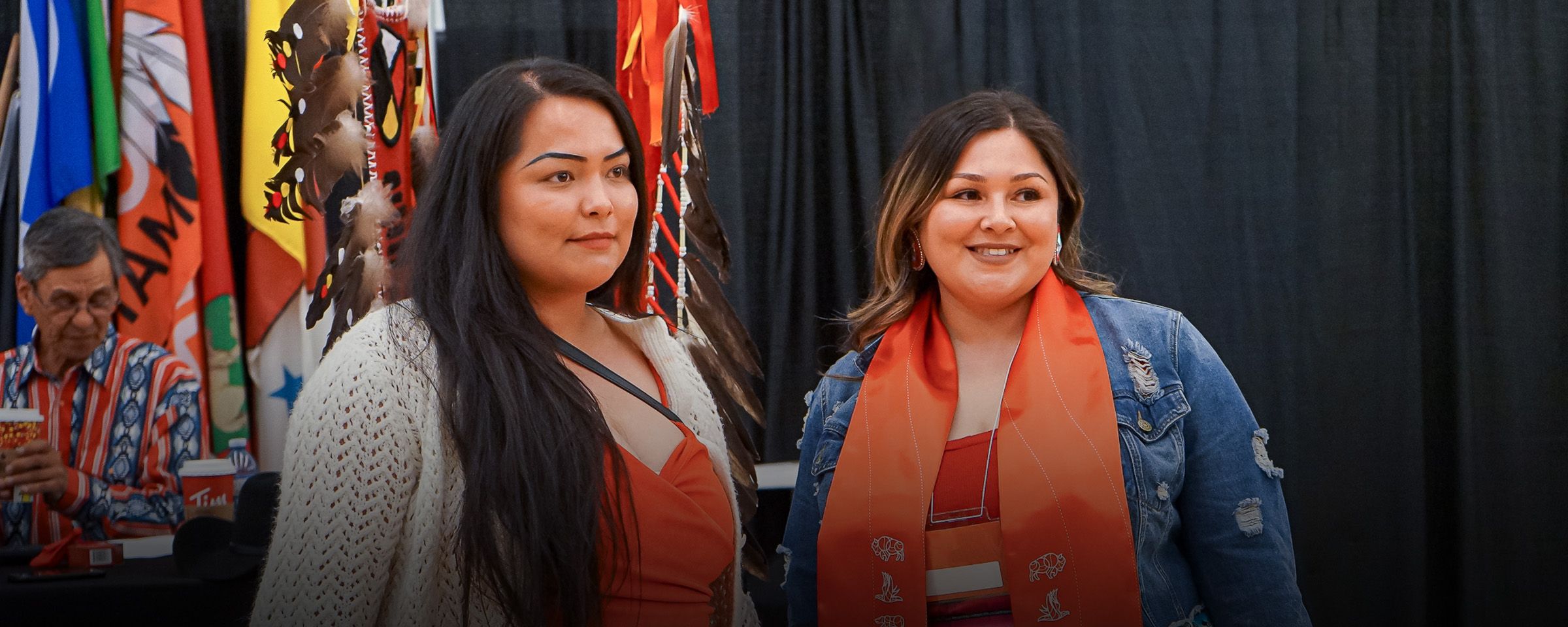
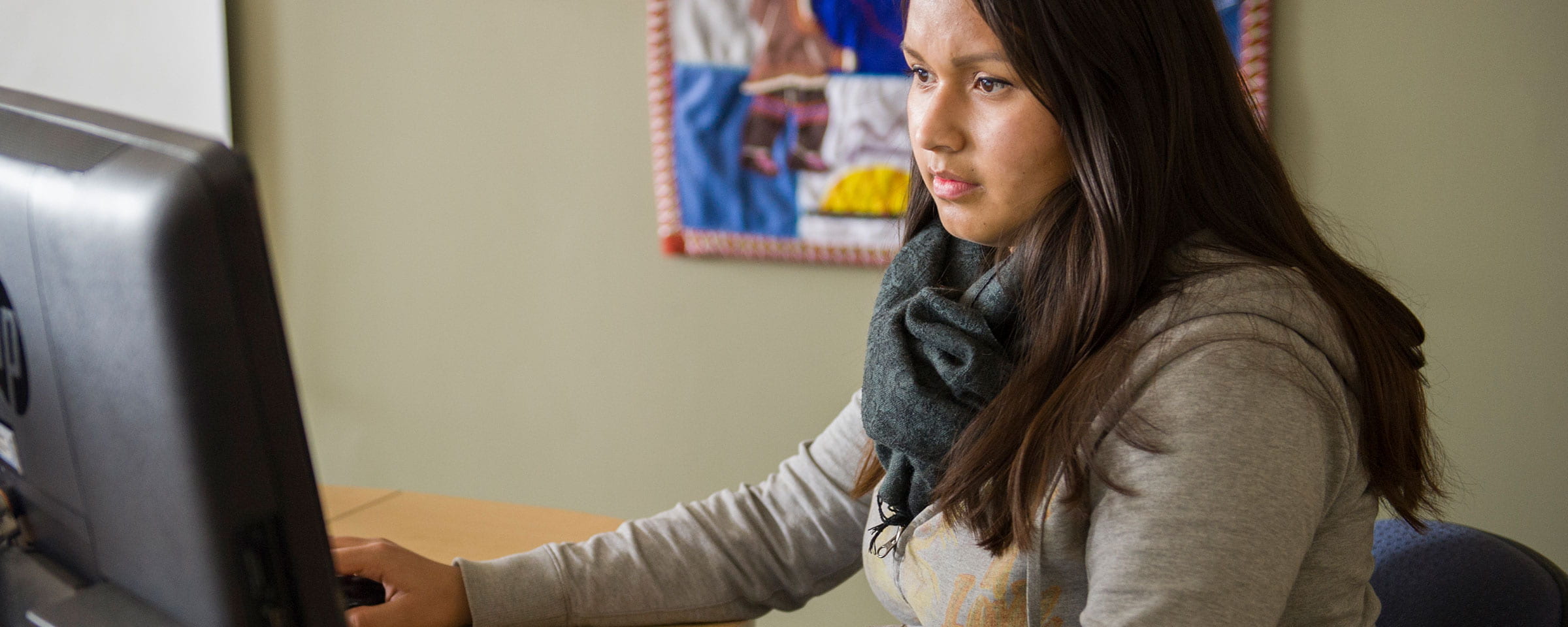
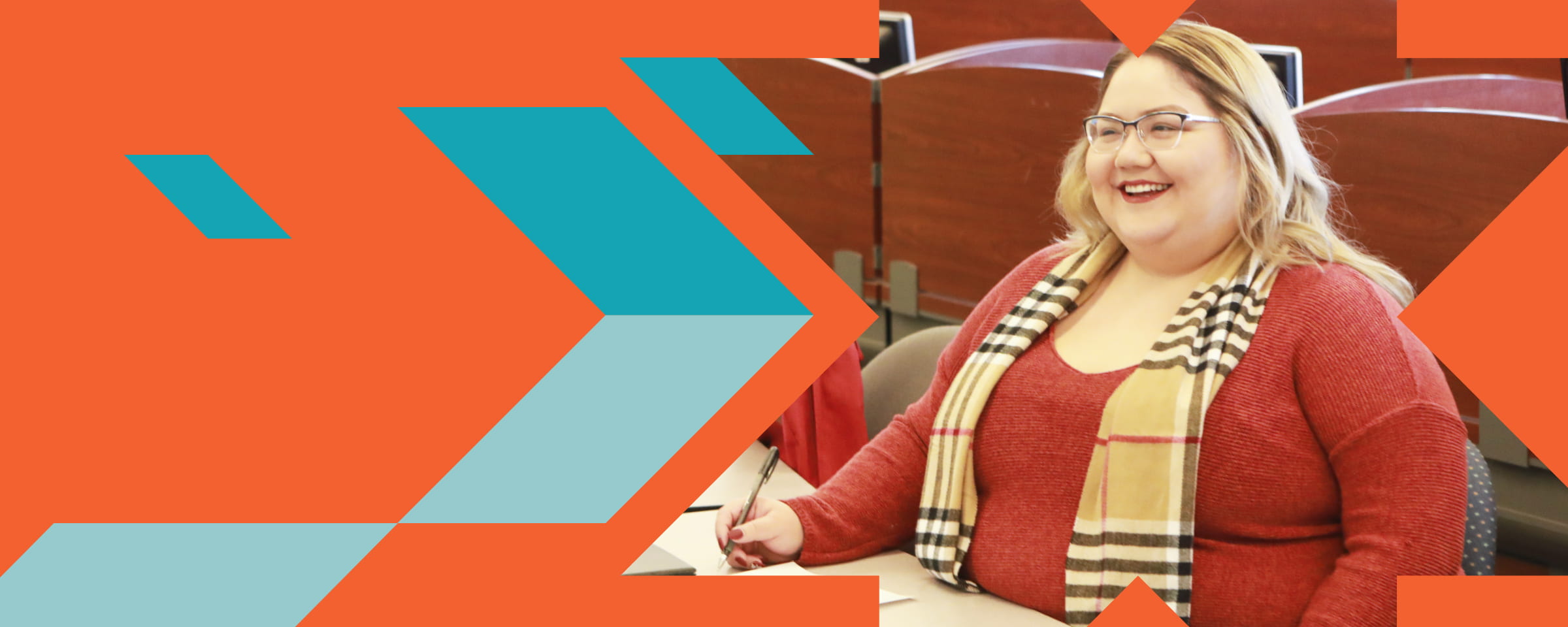
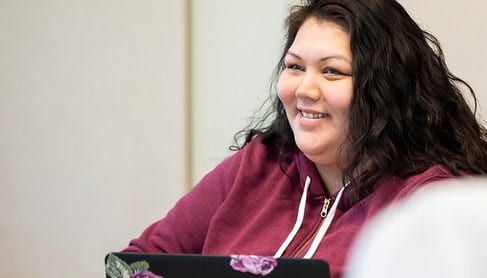
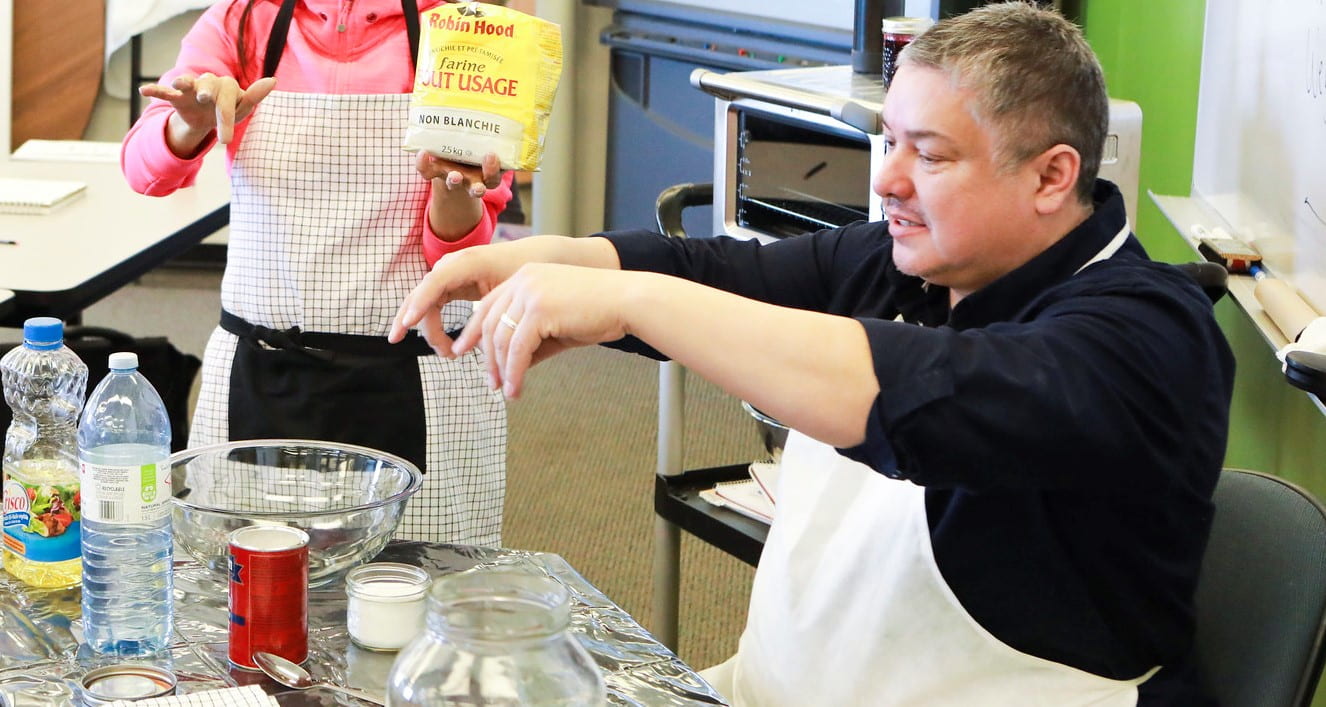
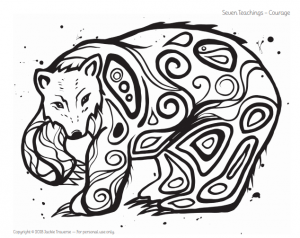 Winnipeg artist Jackie Traverse and her publisher Fernwood Publishing have released six free printable colouring sheets from her colouring books Sacred Feminine and IKWE for a relaxing stay-at-home activity for kids and adults. The beautiful images feature Ojibwe Florals, Courage from the Seven Teachings, selections “Honouring Women, Life Givers, and Water Protectors,” and more.
Winnipeg artist Jackie Traverse and her publisher Fernwood Publishing have released six free printable colouring sheets from her colouring books Sacred Feminine and IKWE for a relaxing stay-at-home activity for kids and adults. The beautiful images feature Ojibwe Florals, Courage from the Seven Teachings, selections “Honouring Women, Life Givers, and Water Protectors,” and more.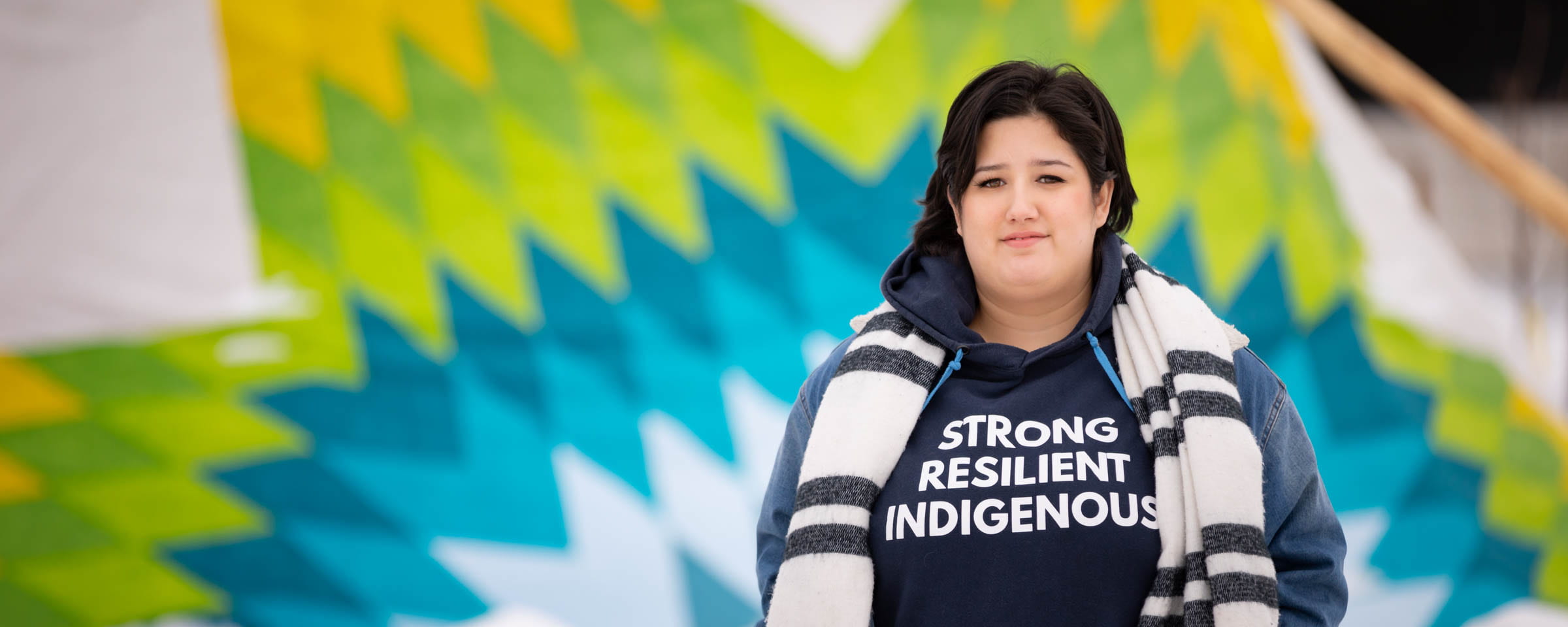
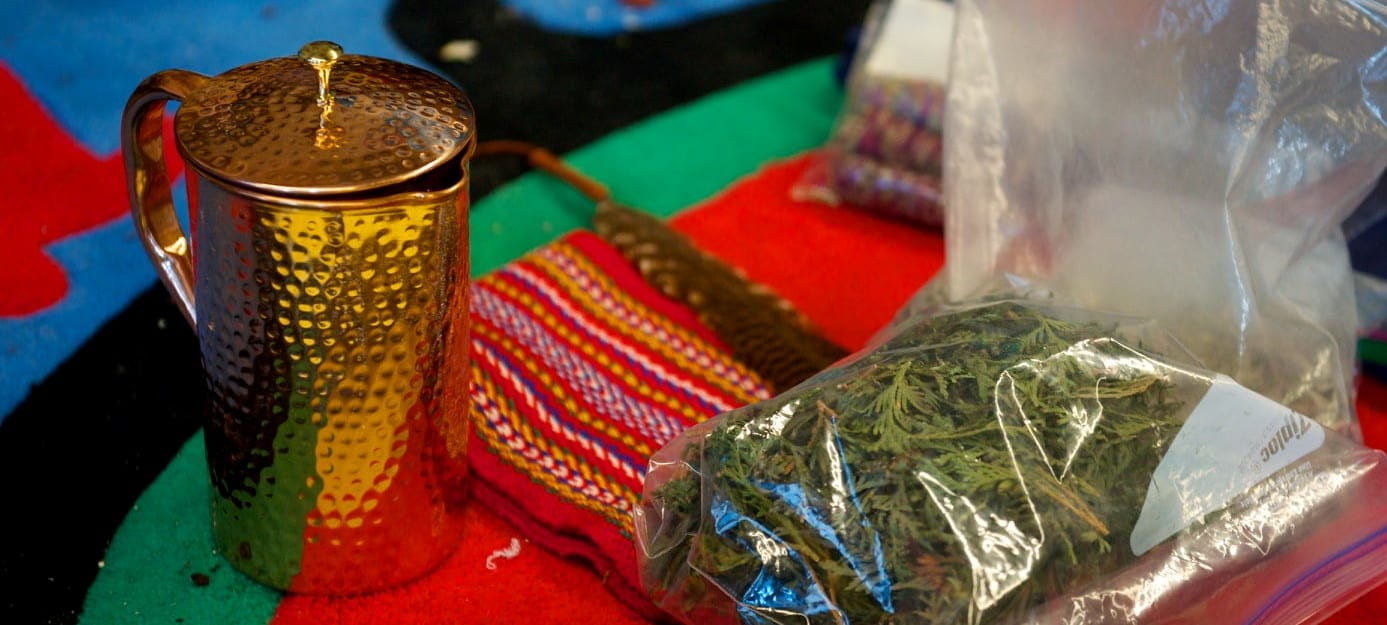
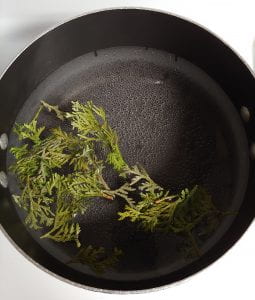 Cedar, along with tobacco, sage and sweet grass, is one of four sacred medicines recognized in many Indigenous communities for ceremony, healing, and wellness. These four medicines can be used in ceremony separately, or in any combination, especially if there is a certain goal to be achieved. In particular, cedar is used for healing, restoring balance and protection against disease. Not only does cedar have anti-inflammatory effects, improves respiratory organs and decontaminates the air, the aroma is comforting and calming.
Cedar, along with tobacco, sage and sweet grass, is one of four sacred medicines recognized in many Indigenous communities for ceremony, healing, and wellness. These four medicines can be used in ceremony separately, or in any combination, especially if there is a certain goal to be achieved. In particular, cedar is used for healing, restoring balance and protection against disease. Not only does cedar have anti-inflammatory effects, improves respiratory organs and decontaminates the air, the aroma is comforting and calming.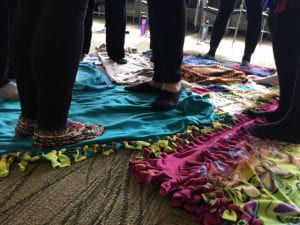 Red River College staff are taking advantage of a new opportunity to learn more about Canada’s history and Indigenous culture through the Blanket Exercise, which is named for the blankets participants walk on that represent North America.
Red River College staff are taking advantage of a new opportunity to learn more about Canada’s history and Indigenous culture through the Blanket Exercise, which is named for the blankets participants walk on that represent North America.